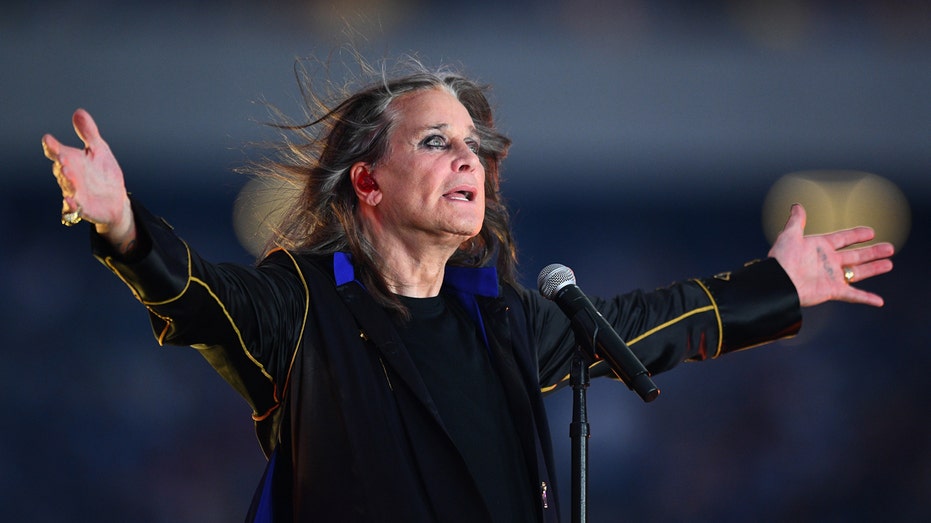Measles More Likely to Be Severe Among Malnourished, RFK Says

Sarah Johnson
March 17, 2025
Brief
The recent measles outbreak in the U.S. highlights the critical roles of vaccination and nutrition, with experts stressing vaccines as the primary defense while acknowledging nutrition's supportive role.
The measles outbreak in several U.S. states has triggered renewed discussions around how to prevent this highly contagious disease. While vaccines remain the undisputed first line of defense, nutrition has emerged as a critical factor in reducing the severity of the illness, a point raised by HHS Secretary Robert F. Kennedy Jr. in a recent interview.
Speaking with Dr. Marc Siegel, Kennedy emphasized the link between good health and infectious diseases. "If you are healthy, it's almost impossible for you to be killed by an infectious disease," said Kennedy. He highlighted that poor nutrition, particularly malnourishment, is a major factor in measles-related complications, especially in Texas, where over 200 cases have been reported during the current outbreak.
The situation in Texas, described as a "food desert" by Kennedy, underscores how poverty and limited access to nutritious food exacerbate the problem. Historically, measles was a deadly disease before the vaccine's introduction in 1963, killing hundreds annually, mostly malnourished children. Kennedy remarked that while measles remains lethal in countries with widespread malnutrition, it poses minimal risk to healthy, well-nourished individuals.
Experts agree on the importance of nutrition but also stress the irreplaceable role of vaccination. Dr. Jacob Glanville, CEO of Centivax, noted that while better nutrition can improve overall health, it won't prevent measles infection in unvaccinated individuals. "Ninety percent of well-fed but unvaccinated American children exposed to measles will become infected, and up to 1% may die," he said.
Vitamin A deficiency has been identified as a key factor in severe measles cases in developing countries, where mortality rates can soar as high as 50% among malnourished children. The World Health Organization recommends vitamin A supplementation for children in low-income countries to reduce complications. However, in the U.S., where vitamin A deficiency is rare, studies have yet to confirm its effectiveness in preventing measles-related complications.
Dr. Trish Perl of UT Southwestern Medical Center pointed out that malnutrition can impair the immune system and even affect the robustness of vaccine responses. Nonetheless, she emphasized that vaccination remains the only proven method to prevent measles. "The vaccine has been in use since 1963 and is considered extremely safe," Perl said.
Adding his voice to the conversation, Dr. Jonathan Jennings highlighted the nutritional impact of measles, stating that the infection can worsen a child's already fragile nutritional status. He recommends a balanced diet rich in vitamin A-containing foods, such as carrots, spinach, and dairy products, to support recovery and prevent complications.
While Kennedy acknowledged the importance of vaccines, he also advocated for personal choice, stating, "We are recommending that people in this country get vaccines … [and] we are also respectful of their personal choices." Public health experts, however, continue to stress that vaccination is the most effective tool against measles.
As the CDC advises, staying up-to-date with MMR (measles, mumps, and rubella) vaccinations is crucial for both teens and adults. With outbreaks still making headlines, the message is clear: good nutrition helps, but vaccines save lives.
Topics
Editor's Comments
RFK Jr.’s comments on measles and malnutrition are thought-provoking, but let’s not overlook the irony of calling vaccines a 'recommendation' while describing measles as still 'very lethal.' It’s a fascinating reminder of how public health and personal choice can clash. Also, the term 'food desert' feels almost tragically ironic here—how can we expect communities struggling with basic nutrition to fend off serious illnesses? The takeaway? Vaccines and whole foods are a dream team, but skipping one isn’t an option.
Like this article? Share it with your friends!
If you find this article interesting, feel free to share it with your friends!
Thank you for your support! Sharing is the greatest encouragement for us.



